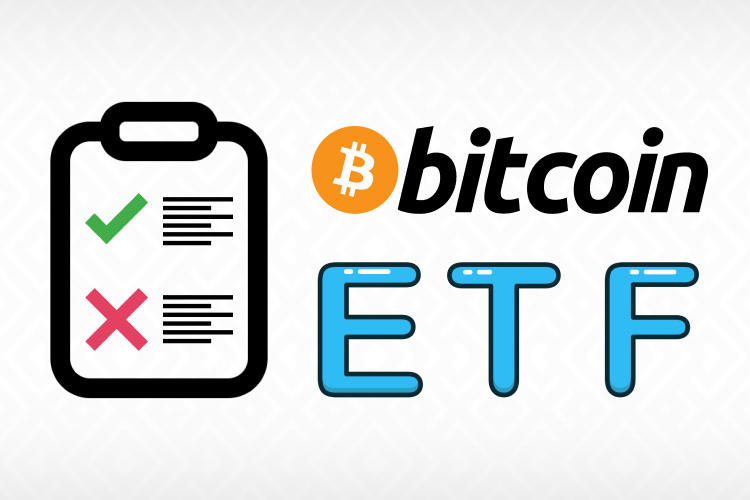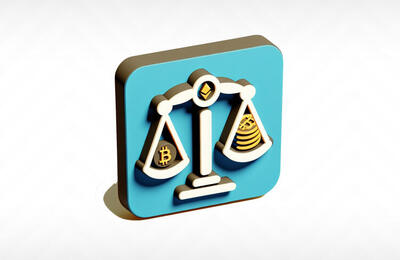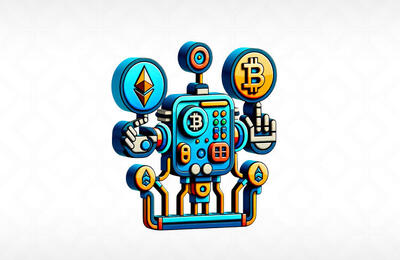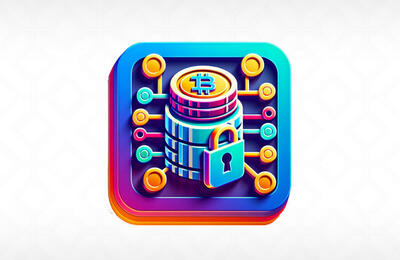
Millions of people do not know about bitcoin technology in-depth. There may be many reasons for this
un-education (because they learn from «Crypto Engine»), such as the environment, rural areas, busy
schedules, etc. But almost all people know about the stock exchange, equity, mutual funds, shares,
debts and exchange-traded funds, etc. So bitcoin ETFs is a new term in this technology that many people
started investing in, and people are tending from buying actual bitcoin to buying bitcoin ETFs.
What are ETFs?
ETFs stand for exchange-traded funds, a pool of multiple assets or currencies in one basket. Many
people invest money in ETFs to diversify their risk from one asset to various assets. ETFs are the index
funds that will benefit the investors in the long term because the rise in value process is very seldom.
ETFs will trade on the traditional stock market, such as BSE (Bombay Stock Exchange), NSE (National
Stock Exchange), NYSE (New York Security Exchange), etc.
What is a Bitcoin ETF?
Like the other ETFs, there is also a bitcoin ETF (Exchange Traded Fund) that diversifies the
cryptocurrency, which means it tracks the value of bitcoin. When the cost of bitcoin rises, the ETF also
increases, and when it falls, it also declines. Many more assets are included in the bitcoin ETF to diversify
the risk since bitcoin cryptocurrency is a precarious investment due to its volatility. Bitcoin ETFs are a
new term in the market. Many people already have spent their money in these funds; when the new
bitcoin ETF is introduced and launched, the cost of this digital currency starts rising, which helps the
existing bitcoin holders.
Bitcoin ETFs are the same as the other ETFs that allocate investors' funds in different currencies and
track the price of these currencies. You do not need to open an account on a bitcoin exchange because it
can be bought or sold on traditional exchanges like other ETFs that the government regulates. Some
popular bitcoin ETFs such as Bitcoin Futures ETFs and Spot Bitcoin ETFs, are traded on the New York
Stock Exchange and other foreign exchanges. Still, they are not available in India, and if you want to
purchase them, you have to open a Demat account with the traditional foreign exchange.
Pros of Bitcoin ETFs
There are some positive sides of bitcoin ETFs (Exchange-traded funds) that will help to make the right
decision before purchasing, given below:
1. No exchange needed: We all know that if we want to invest in bitcoin cryptocurrency, we need
a centralized bitcoin software wallet (bitcoin exchange) or decentralized software wallet;
otherwise, it is impossible to buy bitcoin. But to purchase bitcoin ETFs, you do not need any
bitcoin exchange because the traditional stock exchange will do all the work. Furthermore, you
do not need to give your identification document to third parties in exchange; your privacy is
safe and secure. You also do not need to worry about hacking, cracking, or forgetting passwords
because, in ETFs, there is no issue.
2. No knowledge required: Every investor has to research a lot before investing, whether it'sequity, company shares, mutual funds, index funds, or cryptocurrencies, but in the bitcoin ETFs,
no knowledge is required in-depth. Bitcoin is a precarious investment. Before spending money
on it, you must be in-depth knowledge; otherwise, you will lose money like many beginners who
have already lost by hurrying Investment.
3. Risk-free Investment: As you know, bitcoin is a peer-to-peer investment which means it is
perilous without any regulation, but when you go with bitcoin ETFs, it becomes easy to invest
since it diversifies your risk.
Cons of Bitcoin ETFs
There are the following negative points of purchasing bitcoin ETFs given below:
1. When you purchase bitcoin ETFs, the management fees will rise by increasing the buying. So it
becomes complex to bear the management fees with buying a lot of bitcoin ETFs.
2. If you are thinking about trading bitcoin ETFs for other cryptocurrencies or currencies, you are
wrong because bitcoin ETFs do not allow this system.
3. With the proper understanding of bitcoin cryptocurrency, you can easily invest money and earn
huge profits. Still, bitcoin ETFs are not a real cryptocurrency; instead, indices or index funds
increase while the value of bitcoin rises and decreases when the value bitcoin falls. So it does
not give the benefit of real cryptocurrency.
4. Since the bitcoin ETFs will regulate the traditional exchange, the government holds them; hence,
you will lose all the decentralized features of bitcoin. In addition, you have to pay taxes because
of the centralized system, and you are under the government's track after buying the bitcoin
ETFs.















